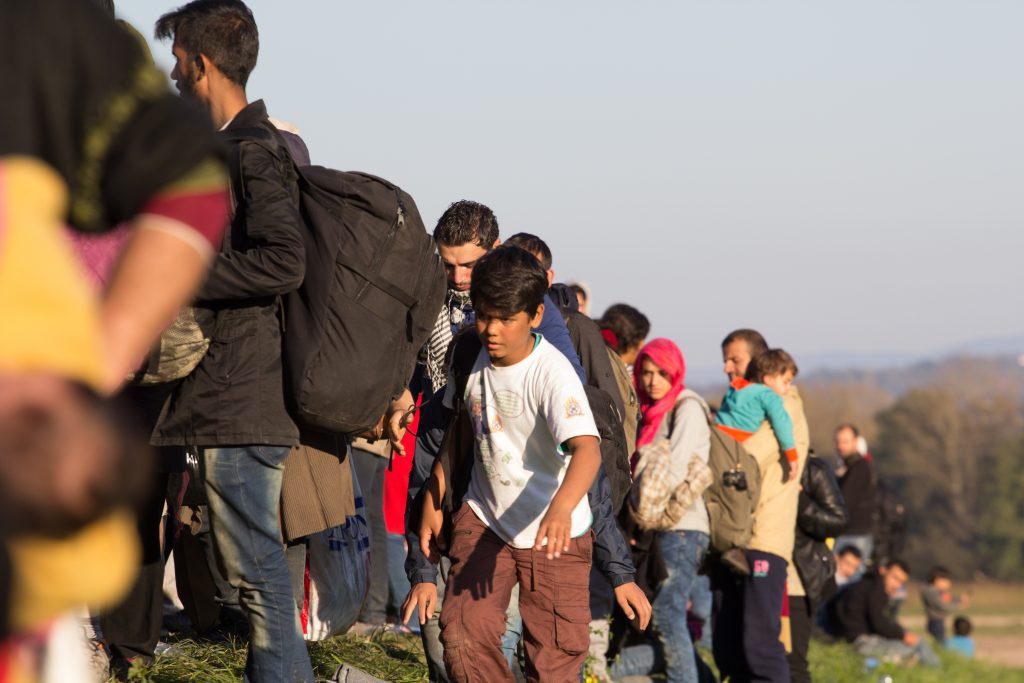Transnational migration is changing the demography of receiving societies, driving the issue to the top of the policy agenda. Yet, despite their profound vulnerability and the economic potential they represent, migrants are still routinely denied access to the lifelong learning opportunities they need, writes Shibao Guo of University of Calgary

As globalization intensifies, migration has been adopted as a strategy by many to compete for the most talented, skillful and resourceful in order to help build a knowledge-based economy, ameliorate labour shortages, and mitigate the effects of an ageing population. As such, migration has risen to the top of the political agenda of many countries that are involved in this process as a source, transit or destination country, or all three simultaneously. Unlike earlier forms of migration which tend to be unidirectional, the contemporary mobility of migrants is conceptualised as multiple and circular occurring across transnational spaces.
Because of its transient nature, it is almost impossible to know exactly how many transnational migrants there are around the world. The United Nations Department of Economic and Social Affairs estimated that, in 2020, about 281 million people, or 4 per cent of the world’s population, lived outside their countries of birth, up from 173 million in 2000. In addition, the world’s refugees and asylum seekers have doubled in number from 17 to 34 million over the past two decades. Continue reading
